The clocks fall back this Sunday — here's what will happen to your sleep
We technically have an extra hour in bed, but is this good news for our sleep schedules?
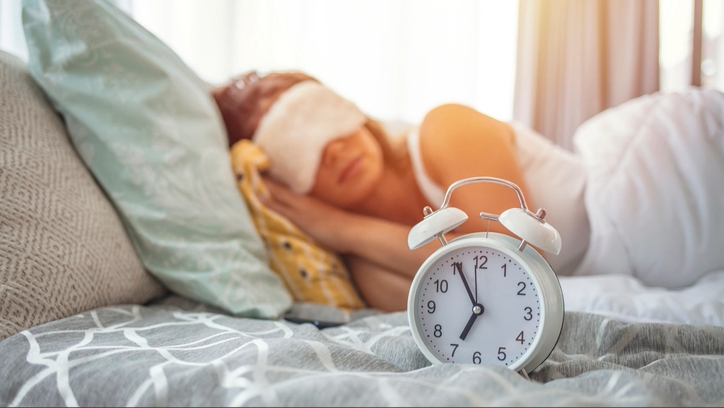
Balmy summer evenings are a distant memory, pumpkin spice lattes are a staple in our daily diets and we're pulling on the woolly sweaters, so the final step in welcoming winter is here – it's time for the clocks to fall back.
In the early hours this Sunday, American clocks will fall back from Daylight Saving Time (the time between March and October) to Standard Time (the time between October and March). So when clocks hit 2am, they will fall back to 1am, but what does this mean for our sleep?
Even if you sleep on the best mattress for your body and have aced your bedtime routine, the clocks falling back can throw a spanner in the works when it comes to your sleep. We're looking deeper at exactly how our sleep will change after the clocks go back, and how to get a good night's sleep regardless of the time change.
Why do the clocks fall back?
Popular myths have long blamed the farmers for this time shift, but clocks actually fall back to benefit our health and circadian rhythm.
Following the longest period of daylight in June, the days gradually become shorter as the sun rises later and sets earlier. Therefore, by turning the clocks back an hour during autumn, we get more sunlight in the morning, which experts say is the most crucial time to get natural light.
In fact, the American Sleep Academy advocate shifting permanently to standard time. They say: "A change to permanent standard time is best aligned with human circadian biology and has the potential to produce beneficial effects for public health and safety."
3 ways the clocks going back will affect sleep
1. It'll be easier to wake up
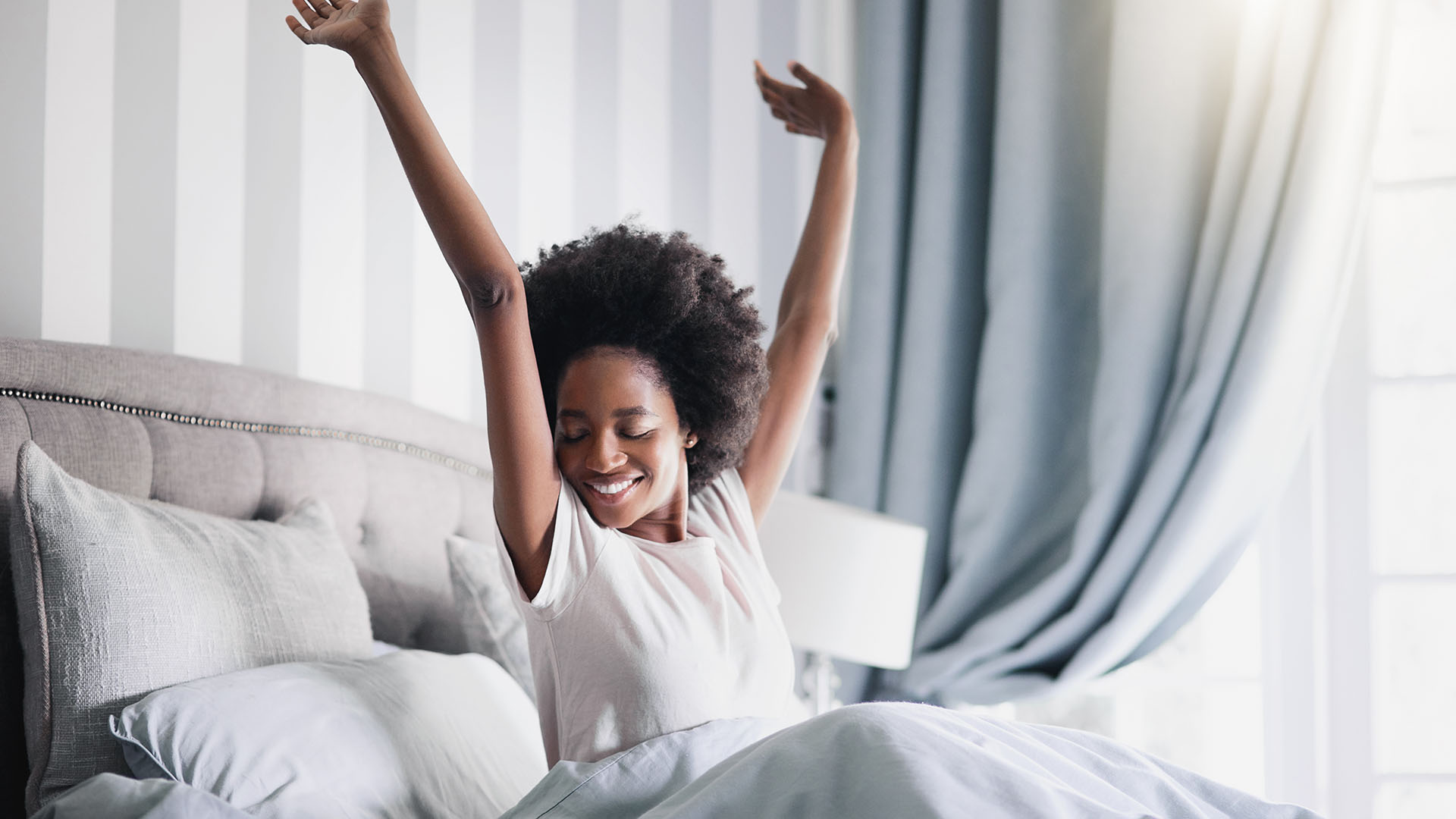
The main aim of turning the clocks back is gaining an extra hour of light in the morning. Our evolutionary instincts mean we have evolved to be awake during the day and sleep at night, so light has always been a signal to wake up.
Get instant access to breaking news, the hottest reviews, great deals and helpful tips.
Additionally, hormone cycles are regulated by light exposure. Light triggers the production of serotonin and cortisol, which help you feel alert and improve your mood, and suppresses the sleep-inducing hormone melatonin.
Therefore, lighter mornings make it easier to wake up with sufficient energy and awareness to get you through the day.
2. It'll be easier to fall asleep
Initially, the time change on Sunday is sure to help you round off the week with a good night's sleep. If you haven't spent the extra hour sleeping, you'll feel extra sleepy come Sunday evening and should fall asleep fast.
In the long run, the extra light in the morning and darker evenings will regulate our circadian rhythm, the body's natural 24-hour clock, helping us wake up and go to sleep at roughly the same time day in day out. A clockwork circadian rhythm helps you wake up in the morning and wind down easier at night as your body recognises cues like darkness as a sign to sleep.
3. Nighttime anxiety will ease
The time change is implemented to best regulate people's circadian rhythms throughout the dark winter months. Daylight is limited throughout the winter, so optimising the light we have is essential. Having an extra hour of light in the morning rather than the evening helps mental wellbeing through circadian regulation.
Morning light resets hormone cycles that affect your mood. Increased cortisol in the morning stimulates mental function, helping you think clearly. Morning light is also known to lower stress, helping you feel brighter and calmer through the day. This stress relief reduces daytime and nighttime anxiety which equals a more restful night's sleep.
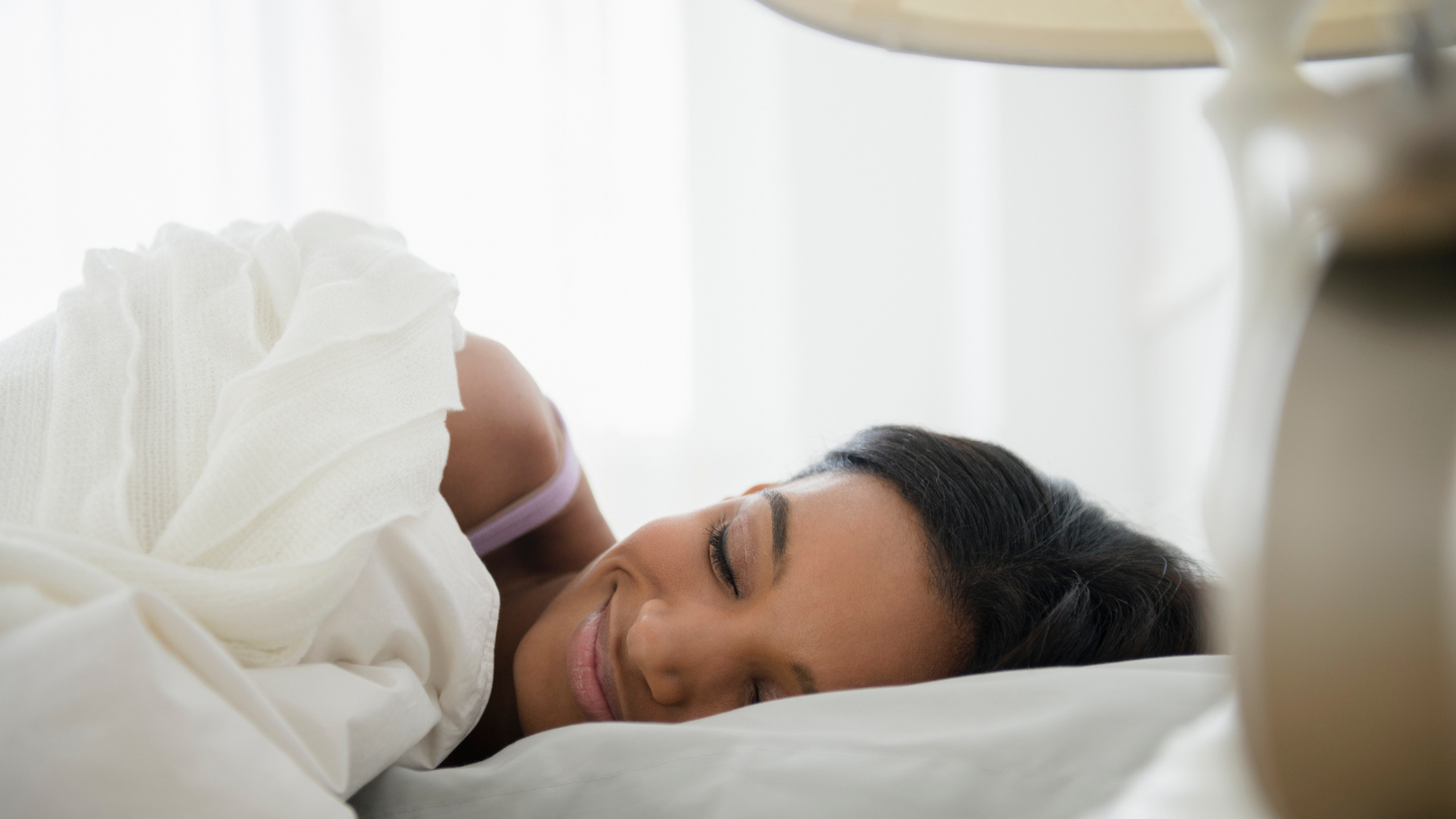
Is morning light better than evening light?
Exposing yourself to light, especially natural sunlight, early in the morning helps regulate your circadian rhythm and hormone cycles. Lighter mornings help your energy levels peak earlier in the day when most people need it to get to work, and generally makes you more tired and sleepy by the evening, helping you sleep better the following night.
Science shows morning light helps you think more clearly, improves your mood and produces vitamin D which keeps your bones and teeth strong and supports your immune system, improving overall wellbeing.
Meanwhile, it is no surprise that exposure to light, be it artificial or natural, before bedtime disrupts your sleep. This is because light interferes with melatonin production, making it harder to fall into a deep, restorative sleep. Reduced sleep quality can cause exhaustion and impaired cognitive function the next day.
How to get good sleep when the clocks go back
1. Stick to a nighttime routine
Creating a personalised nighttime routine is worth putting thought into if you struggle to sleep at night. A well-established, sustainable bedtime routine incorporating activities you find relaxing and enjoyable, meditation or reading for example, will help you sleep easy as your body recognizes the cues to wind down.
Really enforcing this routine as the clocks change will help minimise disruption in your sleep schedule as your body will be used to recognising the steps in your routine as signals to sleep and will, in turn, produce the sleep-inducing hormone melatonin. Although there's only a couple of nights ahead of the time change now, acing your routine over the winter will help you come the spring clock change.
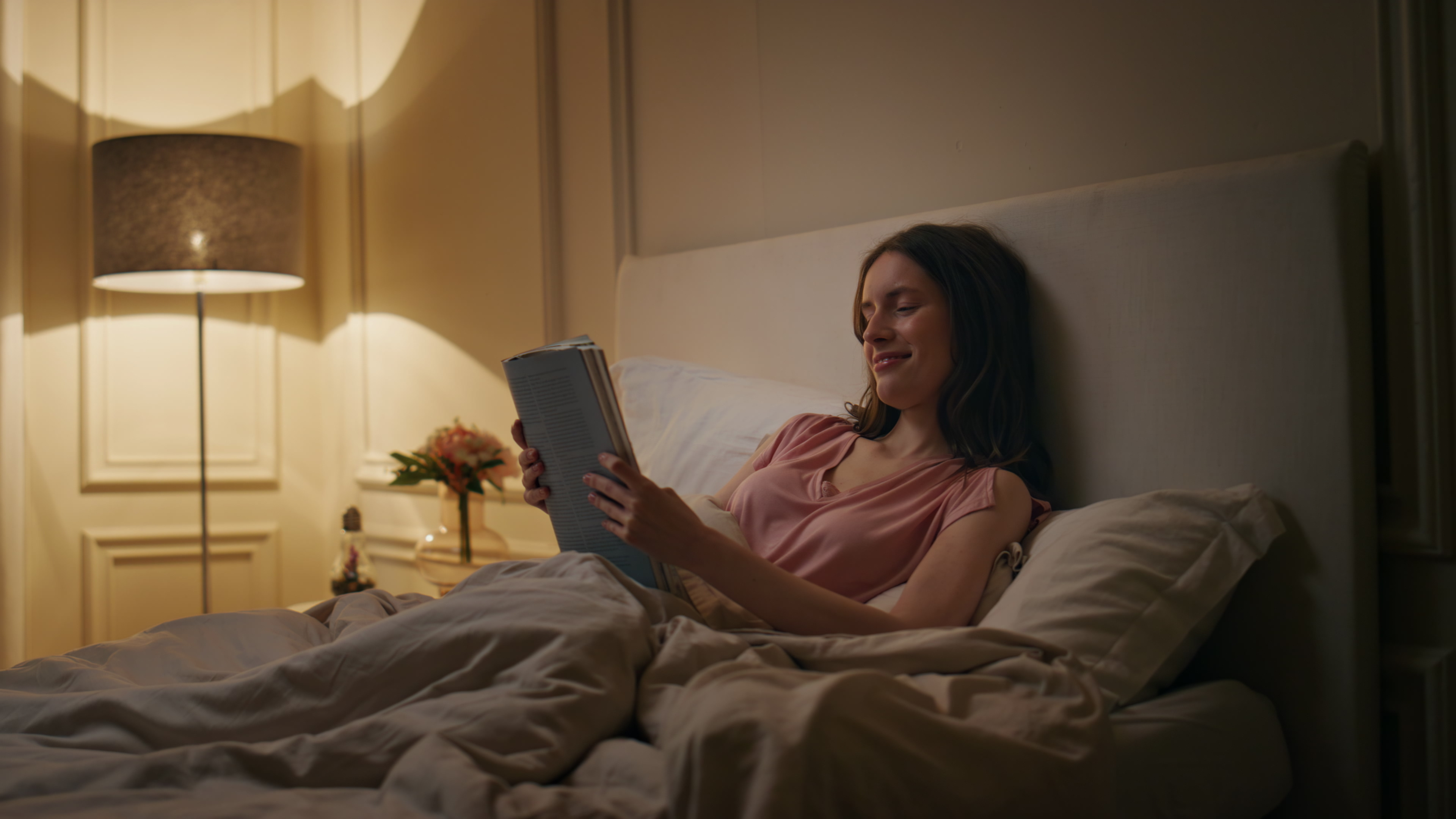
2. Improve your sleep hygiene
Yes, cleaning your sleep space, regularly washing your bedsheets and vacuuming your mattress are all important to sleep hygiene and getting good quality, dust-mite-free ZZZs. But, alongside making your bedroom conducive to sleep, it's also important to create good habits at bedtime and throughout the day to improve your sleep hygiene.
Exercise, light pollution, meal timing and screen time influence how well you sleep. Getting adequate movement throughout the day, avoiding large meals before bed and limiting your exposure to blue light in bed will all help you drift off easily and stay asleep throughout the night, making sure you get the rest your body needs.
3. Avoid napping
With an extra hour on your hands, Sunday will feel like a long day and if you don't or can't use the extra to sleep, you will likely feel tired come the afternoon, making a nap oh-so tempting. But it's important to avoid napping if possible, especially close to bedtime, so it's easier to fall asleep in the night.
Napping throughout the day breaks down a substance called adenosine, which switches on sleep-inducing regions in the brain. This substance increases the urge to sleep at night and if it broken down by naps, falling asleep at bedtime will be more difficult.
4. Get outside and move
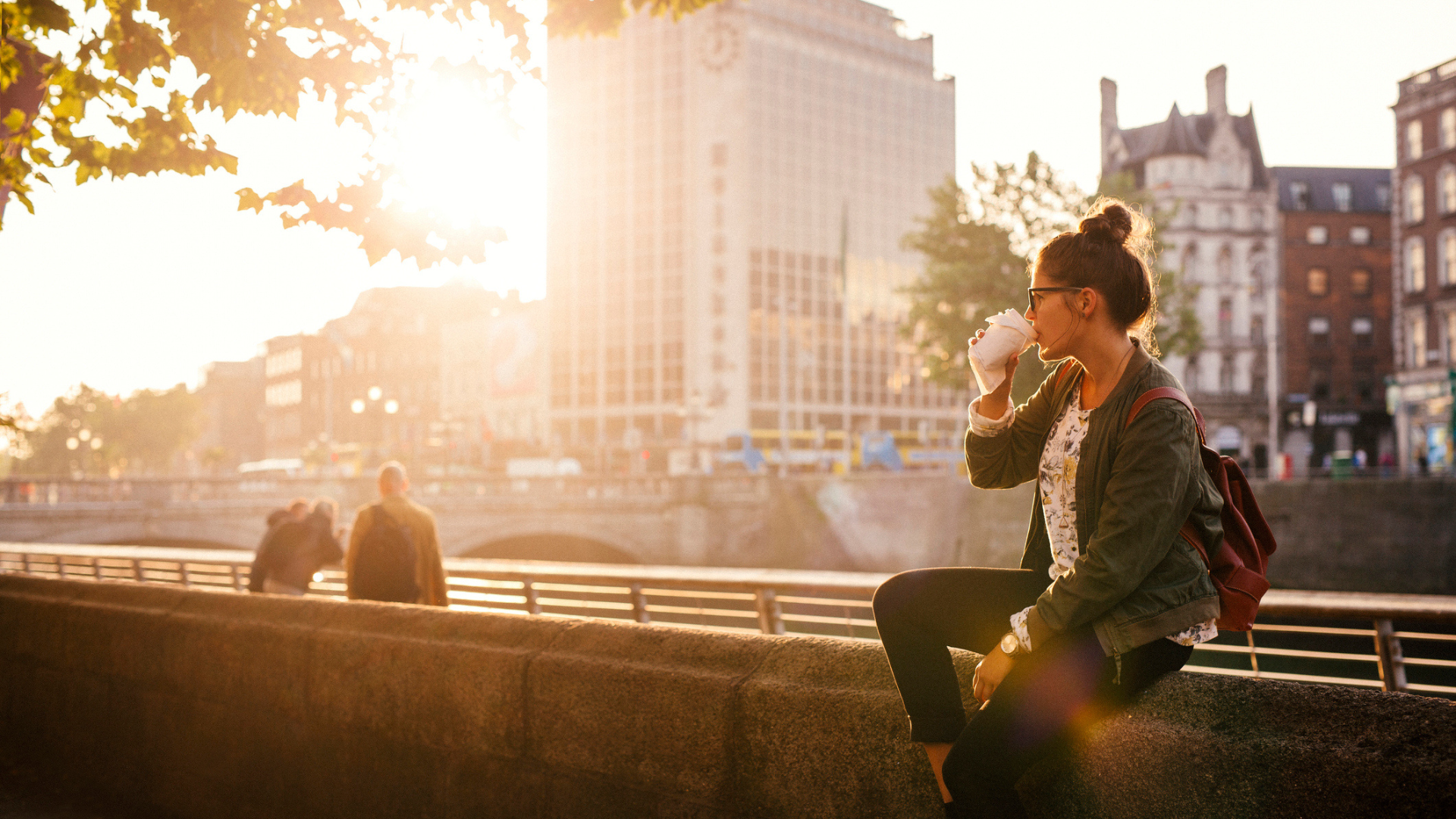
Day time habits influence how well we sleep at night, and getting outdoors in natural sunlight is one of the most simple ways to ensure you sleep well. Ideally we should spend 30 to 45 minutes outside each day, no matter the weather, but the more time spent outside the merrier your sleep will feel.
Ideally this sunlight will be in the morning to help reap the afore-mentioned benefits of a regulated circadian rhythm. Therefore, I recommend sitting by a window when eating your breakfast or stepping outside to drink your morning coffee. That said, natural light at any point during the day will help.
Even better, exercising outdoors, be it a walk, run or cycle, is a sure fire way of helping you fall asleep faster, sleep deeper and wake up less during the night.

Eve is a sleep tech product tester and writer at Tom's Guide, covering everything from smart beds and sleep trackers, to sleep earbuds and sunrise alarm clocks. Eve is a PPA-accredited journalist with an MA in Magazine Journalism, and has four years’ experience writing features and news. In her role as Sleep Tech Product Tester and Writer for Tom's Guide, Eve is constantly trying out and reviewing the latest sleep products from brands such as Apple, Garmin, Whoop, Hatch, Sleep Number, Eight Sleep, and Oura. A fitness enthusiast who completed the London Marathon earlier this year, Eve loves exploring the relationship between good sleep, overall health, and physical performance, and how great sleep tech can make that relationship even better.
